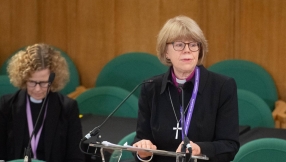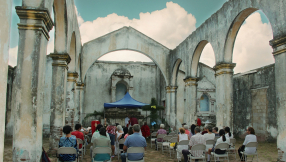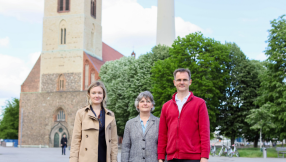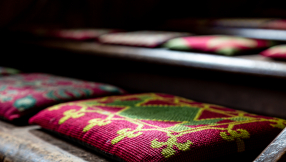Sunday, November 25 saw the commencement of 16 Days of Activism against Gender Based Violence. Running from yesterday's UN International Day of Elimination of Violence against women to Human Rights Day (December 10), this is the world's longest-running campaign for women's rights.
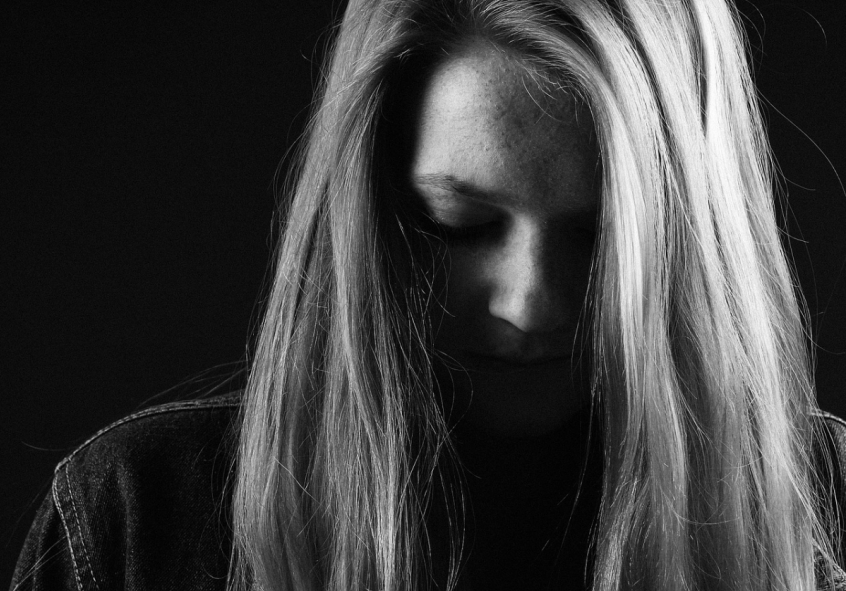
Violence against women is a worldwide pandemic. It covers sexual assault, rape in the context of war, Female Genital Mutilation (FGM) and domestic violence. The statistics are staggering. For example, in the UK alone it is estimated that one in four women undergo some form of domestic abuse/violence during the course of their lifetime. Further, that nearly half a million adults are sexually assaulted in the UK each year – government statistics indicate that one in five women aged 16-59 have experienced some form of sexual violence since the age of 16.
One of the major aims of the 16 days is to raise awareness of the massive, global scale and wide-ranging effects of violence against women. It emphasises that violence against women should never be categorised as being just a 'women's issue' – rather, it is a human rights issue, a justice issue and surely one that should concern us all.
November 25 is also known as White Ribbon Day. Originating in Canada, the White Ribbon Pledge is led by men who campaign to take the responsibility in addressing male violence against women and girls. Wearing a white ribbon states loudly and clearly that the wearer will never condone, take part in or remain silent about violence against women.
Where, however, is the church in all this? Surely the church should be at the forefront here, both standing shoulder-to-shoulder with victims and also taking a leading role in seeking to eliminate something that keeps so many women and girls in misery and poverty?
Sadly, the church is not immune to such issues. We seem too often to want to think that this is just something that happens 'out there', far away from the 'good people who go to our church'. This is, however, far from being so.
Take domestic abuse/violence for example. Research conducted earlier this year among churchgoers in Cumbria concluded that one in four churchgoers in that area had experienced domestic abuse/violence within their current relationships.
It is clear from that this that the church needs to respond both appropriately and effectively. By raising rather than ignoring these issues. By providing the right form of pastoral support. By being seen as a 'safe space' both within and outside the church as it makes a stand and joins in with a global campaign that should not be ignored.
Resources are available. For example, Restored, the organisation that commissioned the Cumbria research (alongside the University of Coventry) is a Christian charity that seeks to ask two fundamental questions. Firstly, 'Where is the Church in all this?' and, secondly, 'Where are the men?'
During the 16 days of Activism, Restored will be broadcasting a series of webinars on the subject of domestic abuse. Restored has also recently announced that Carl Beech from Christian Vision for Men has become one of its Ambassadors, with a specific role to highlight and champion Restored's First Man Standing initiative.
First Man Standing has a similar rationale to the White Ribbon campaign. It seeks to recruit men to be a intrinsic part of the solution in ending violence against women by: –
– recognising that violence against women is more than a women's issue.
– understanding the problem and misery that results.
– speaking out against such behaviour
– if necessary and appropriate, challenging inappropriate behaviour in others.
Andit also calls upon the church to take action because the church should take action.
Sadly, the church has too often been behind the curve in recent years. Yet, it should surely to be seen as always being at the forefront, being fully involved in, leading the change that we all surely want to see. Involvement in the 16 days of Activism would be the right place to start.
Andrew Caplen is co-director of Restored. From 2014 until 2015 he was the president of the Law Society of England and Wales and led a national 'Access to Justice' campaign focusing on issues relating to gender based violence.










